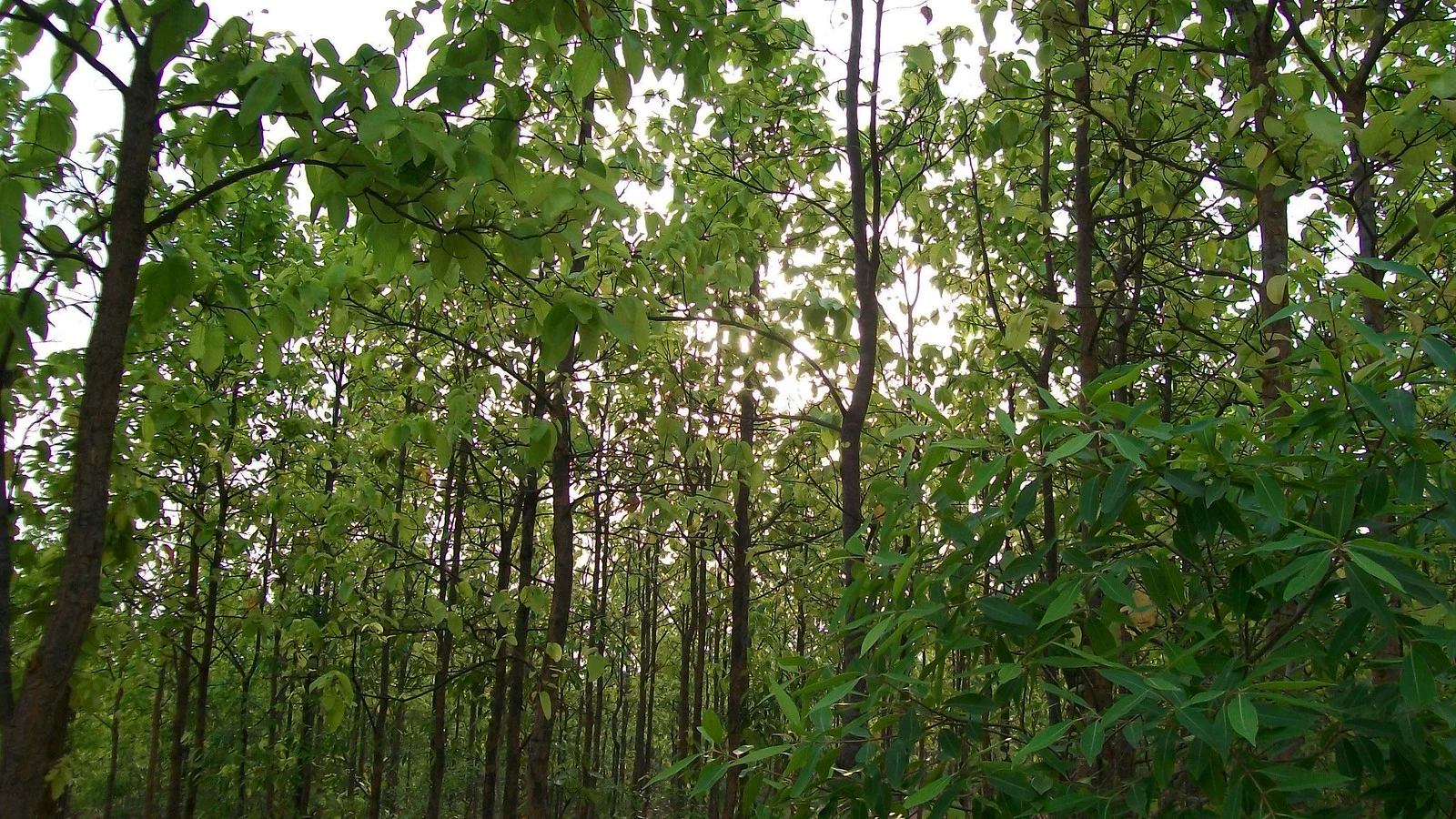A special drive is being taken to Jalandhar after its effective success in Ludhiana, Amritsar, and Sangrur. Soon, the city will also get well-dotted urban forests developed with the help of the Japanese Miyawaki technique, which is a method of constructing green areas promptly, with little to no carbon emission.
The reports said that the Jalandhar Municipal Corporation will establish Miyawaki Woods in Subhana and Khambra. This project has been reserved for 2.5 acres in Khambra and seven canals in Subhana.
Among the main strengths, as part of the initiative, Vardhman Steel Company will sit on the funding and maintaining the project and not the Municipal Corporation. The company has entered into an agreement with the Corporation and is likely to start working on the plantation this week. It is also the responsibility of Vardhman to ensure that the forest areas are maintained for the next five years.
The Corporation has also fixed a big target, which is to plant 35,000 saplings in the city this season. It will be the first time Jalandhar will have put up the Miyawaki technique of urban forest development. Earlier, the plantations had been done in parks, central verges, green belts, and city wards under the instruction of Chandigarh Municipal Corporation during the monsoon season.
So, What is the Miyawaki Method?
The Miyawaki process, identified in Japan, is used to build thick, high-growing forests in small urban areas. It is possible to have around 300 plants of more than 30 species (flowering, bushy, fruit-bearing, and medicinal plants ) grown in a mere 1000 square feet.
This is initiated by depositing a hefty amount of organic manure in a plowed field. Ahead, plants will then be planted in close proximity, around the one-meter section, and a mixture of tall and short species. The proximity with which the plants are planted leads to a higher rate of growth and a dense, self-sustainable forest environment.
The previous two years of the planting, they are watered once each day to make sure that there is proper growth and establishment.
